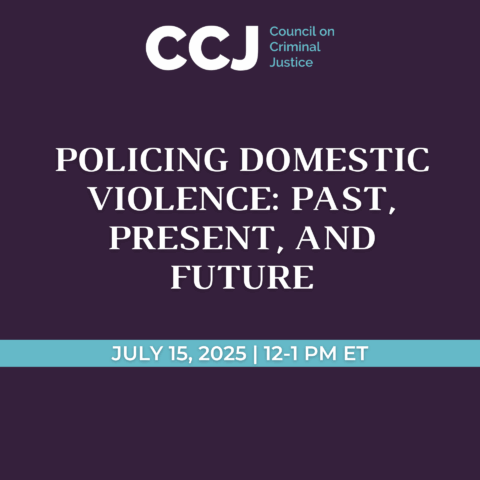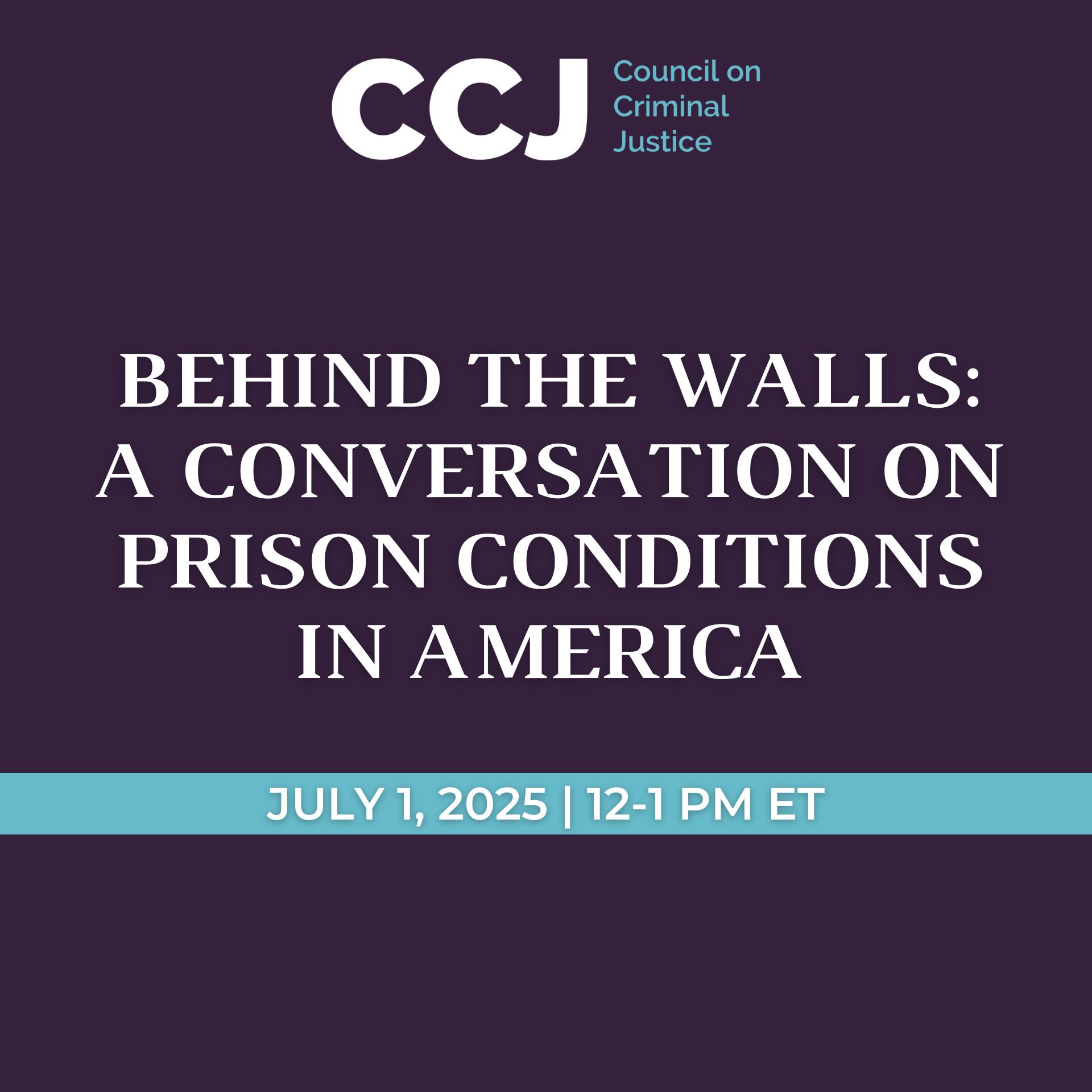Research for the National Commission on COVID-19 and Criminal Justice Explores Urban Crime Trends Amid Pandemic, Ongoing Social Unrest
5:00 a.m. ET, September 28, 2020
Contact: Jenifer Warren
jwarren@counciloncj.org
916-217-0780
WASHINGTON, D.C. – The National Commission on COVID-19 and Criminal Justice today released updated research showing that a steep increase in rates of violent crimes in the early summer has continued through August across a broad range of American cities. Homicide rates between June and August increased by 53% over the same period in 2019, while aggravated assault rates grew by 14%.
The report also found sharp decreases in rates of drug offenses and property crimes from the onset of the pandemic in March through August. Residential burglary rates during the period fell by 25% compared to the same timeframe in 2019, while drug crime rates declined 41%.
The study, led by noted criminologist and Professor Emeritus Richard Rosenfeld of the University of Missouri – St. Louis, examines crime trends in 27 cities with a mean population of about 855,000 people, including Los Angeles, Atlanta, Chicago, Detroit, Dallas, Philadelphia, and San Francisco. It is one in a series reports prepared for the national Commission; next week the 14-member group will release its first set of recommendations to guide criminal justice system leaders as they work to contain the spread of the coronavirus and improve the system’s readiness for future public health emergencies.
“The rise in violent crime rates over the summer is troubling, and it presents complex challenges for leaders of American cities,” said Commission Director Thomas Abt, an expert in urban violence. “Fortunately, we do have effective, evidence-based strategies to reduce urban violence. Deploying them, however, has been made far more difficult by COVID-19, so subduing the pandemic is vital to our crime-control efforts.”
Launched in July by the Council on Criminal Justice, the Commission is co-chaired by former U.S. Attorneys General Alberto Gonzales and Loretta Lynch. Its diverse membership includes justice system leaders, elected officials, advocates, a leading researcher, a formerly incarcerated individual, and a top public health specialist.
In addition to the findings outlined above, the report found that while gun assaults rose during the summer of 2020, the increase was not significantly greater than in previous years. The analysis also found that nonresidential burglaries rose by 124% during a single week in early June, compared to the same week in 2019, and then decreased just as abruptly to prior levels. The spike is likely associated with the property damage and looting at the beginning of protests against police violence.
The report updates a previous study by the authors with additional crime data through the end of August.
About the Council on Criminal Justice
The Council on Criminal Justice is a nonpartisan membership organization and think tank created to advance understanding of the criminal justice policy challenges facing the nation and build consensus for solutions based on facts, evidence, and fundamental principles of justice.
As part of its array of activities, the Council conducts research and convenes independent groups of members and experts that produce reports with findings and policy recommendations on matters of concern. The findings and recommendations of the Commission on COVID-19 and Criminal Justice are its own; neither the Council’s Board of Directors nor its Board of Trustees will approve or disapprove the Commission’s work.
To learn more, visit counciloncj.org.



